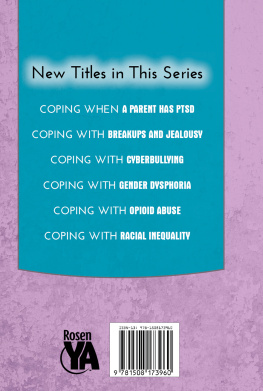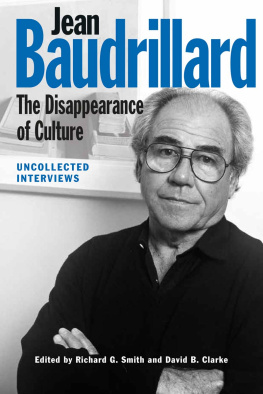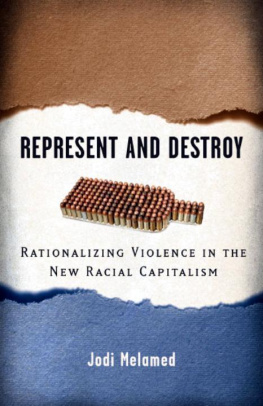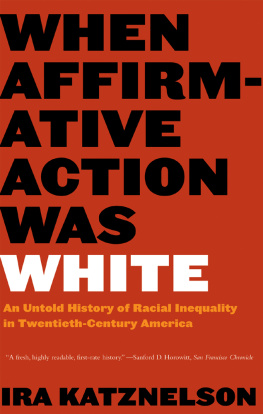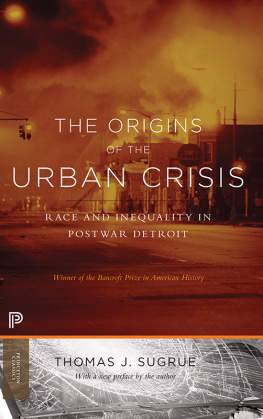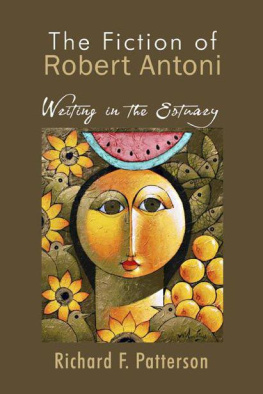Richard Jean So - Redlining Culture: A Data History of Racial Inequality and Postwar Fiction
Here you can read online Richard Jean So - Redlining Culture: A Data History of Racial Inequality and Postwar Fiction full text of the book (entire story) in english for free. Download pdf and epub, get meaning, cover and reviews about this ebook. year: 2020, publisher: Columbia University Press, genre: Art. Description of the work, (preface) as well as reviews are available. Best literature library LitArk.com created for fans of good reading and offers a wide selection of genres:
Romance novel
Science fiction
Adventure
Detective
Science
History
Home and family
Prose
Art
Politics
Computer
Non-fiction
Religion
Business
Children
Humor
Choose a favorite category and find really read worthwhile books. Enjoy immersion in the world of imagination, feel the emotions of the characters or learn something new for yourself, make an fascinating discovery.

- Book:Redlining Culture: A Data History of Racial Inequality and Postwar Fiction
- Author:
- Publisher:Columbia University Press
- Genre:
- Year:2020
- Rating:4 / 5
- Favourites:Add to favourites
- Your mark:
- 80
- 1
- 2
- 3
- 4
- 5
Redlining Culture: A Data History of Racial Inequality and Postwar Fiction: summary, description and annotation
We offer to read an annotation, description, summary or preface (depends on what the author of the book "Redlining Culture: A Data History of Racial Inequality and Postwar Fiction" wrote himself). If you haven't found the necessary information about the book — write in the comments, we will try to find it.
Richard Jean So: author's other books
Who wrote Redlining Culture: A Data History of Racial Inequality and Postwar Fiction? Find out the surname, the name of the author of the book and a list of all author's works by series.
Redlining Culture: A Data History of Racial Inequality and Postwar Fiction — read online for free the complete book (whole text) full work
Below is the text of the book, divided by pages. System saving the place of the last page read, allows you to conveniently read the book "Redlining Culture: A Data History of Racial Inequality and Postwar Fiction" online for free, without having to search again every time where you left off. Put a bookmark, and you can go to the page where you finished reading at any time.
Font size:
Interval:
Bookmark:
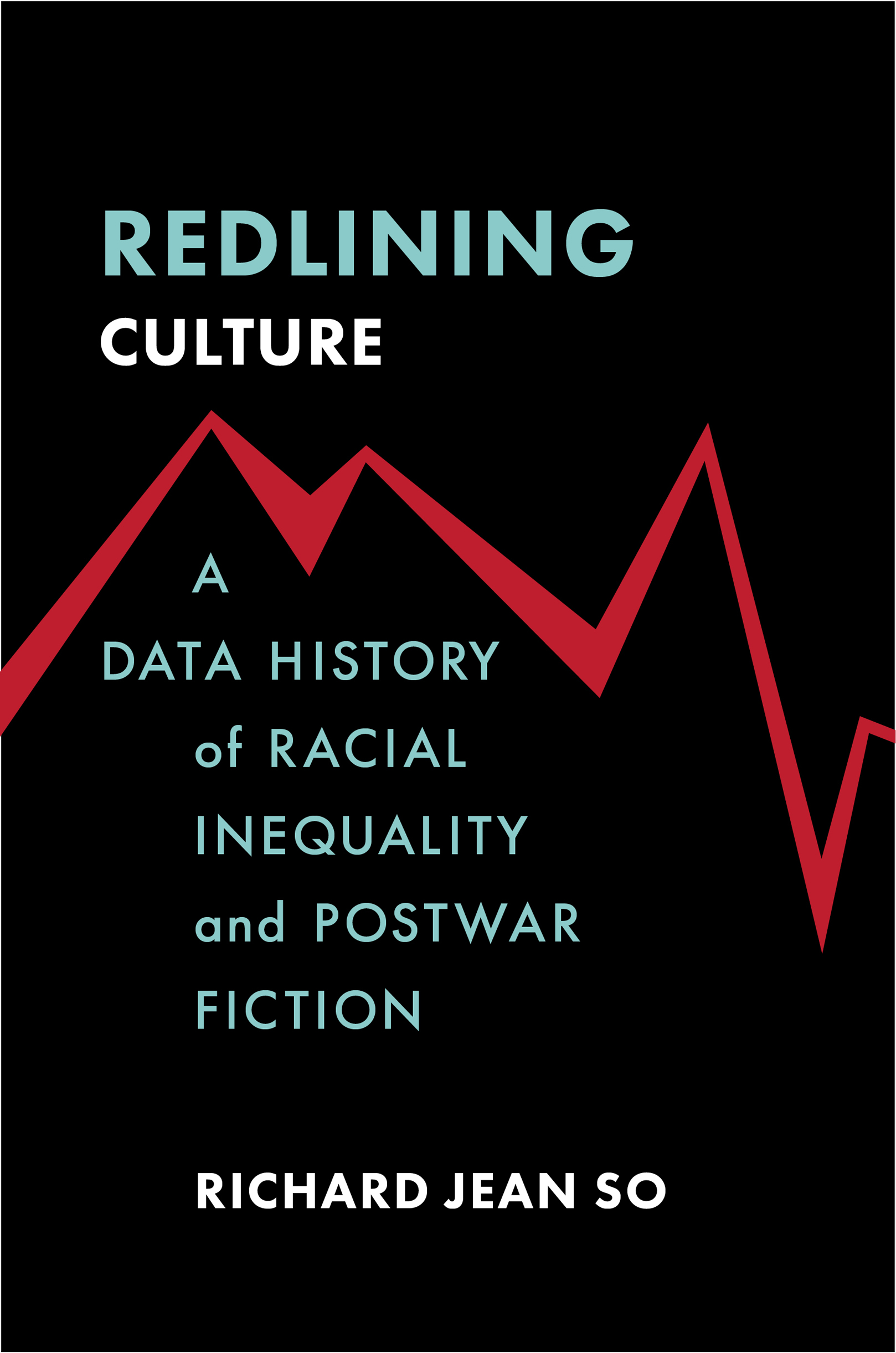
REDLINING CULTURE
REDLINING
CULTURE
A DATA HISTORY OF RACIAL INEQUALITY AND POSTWAR FICTION
RICHARD JEAN SO
Columbia University Press
New York

Columbia University Press
Publishers Since 1893
New YorkChichester, West Sussex
cup.columbia.edu
Copyright 2021 Columbia University Press
All rights reserved
E-ISBN 978-0-231-55231-8
Library of Congress Cataloging-in-Publication Data
Names: So, Richard Jean, author.
Title: Redlining culture : a data history of racial inequality and postwar fiction / Richard Jean So.
Description: New York : Columbia University Press, 2020. | Includes bibliographical references and index.
Identifiers: LCCN 2020022408 (print) | LCCN 2020022409 (ebook) | ISBN 9780231197724 (hardcover) | ISBN 9780231197731 (trade paperback)
Subjects: LCSH: American fictionAfrican American authorsHistory and critcism. | American fiction20th centuryHistory and criticism. | Literature publishingPolitical aspectsUnited StatesHistory20th century. | Authors and publishersUnited StatesHistory20th century. | LiteratureData processing. | Race discriminationUnited StatesHistory20th century. | Discrimination in employmentUnited States | Literature and societyUnited StatesHistory20th century.
Classification: LCC PS153.N5 S63 2020 (print) | LCC PS153.N5 (ebook) | 813/.609896073dc23
LC record available at https://lccn.loc.gov/2020022408
LC ebook record available at https://lccn.loc.gov/2020022409
A Columbia University Press E-book.
CUP would be pleased to hear about your reading experience with this e-book at .
Cover design: Lisa Hamm
E very book is hard to write, but this one felt especially so. I began writing it during a time of intense hardship in my professional life, when I was out of a job and wasnt sure I would get to keep doing the work that I love doing. Doubt was constant. The nature of the worka computational approach to the study of race and literatureprovoked strong resistance. I struggled a lotagainst the discipline, against colleagues, and, ultimately, against myself. Slowly, the nature of the work changed. It became more social. I met a group of like-minded scholars who were excited and deeply passionate about this kind of scholarship. We talked; we shared materials, ideas and projects; we collaborated. This community, more than anything, gave life to this book. Joy and pleasure in writing and research, something I had lost, came back to me. In the end, the ideas in this book alone were not enough to make me write it. The feeling that I was a part of something bigger, howevera new field of knowledgewas what kept me going.
I started doing this kind of work a decade ago with Hoyt Long, when we taught ourselves about computers and statistics and wrote a string of strange and experimental essays, which I now look back on with great fondness. I wouldnt be doing this work if it werent for him. But more than that, I value his friendship and loyalty, which proved humanizing during a bad time. Ive been talking about these ideas with Andrew Piper for a very long time. Those conversations have shaped my thinking in profound ways. Theyve no doubt made my work better and sharper, but even more importantly, theyve helped me see how this work contributes to the formation of a broader intellectual movement, the thing that we care about most. Dan Sinykin and I have been on a long intellectual journey together for many years. We had no idea where it would take us or of what kinds of people and scholars we would eventually become. But I know today that Im a happier and stronger person because we shared that path and helped each other.
Ted Underwood, Jo Guldi, Matt Wilkens, David Bamman, and Lauren Klein deserve mention for providing specific moments of motivation or guidance with this book and, more generally, playing such an important role in creating the field of cultural analytics and computational humanities. Theyve inspired me. Amy Hungerford and Jonathan Arac exhibited astonishing kindness and encouragement during a difficult and transitional moment in my career. Colleagues in the Department of English at McGill welcomed me with great warmth and support, for which I am grateful; in particular, I want to thank Trevor Ponech, Katie Zien, Allan Hepburn, Derek Nystrom, Fiona Ritchie, Michael Nicholson, Xander Manshel, Alanna Thain, Erin Hurley, and Michael Van Dussen. Finally, I want to recognize a cohort of younger scholars in this field who are doing important research and represent, I believe, the disciplines future: Melanie Walsh, Tess McNulty, Edwin Roland, Laura McGrath, Ryan Heuser, and Kent Chang.
Philip Leventhal at Columbia University Press saw promise in this book at a very early stage and continued to believe in it as it came to completion. At a late stage, revising this book with his helppage by page, and often sentence by sentencenot only made it immeasurably better but, intellectually, has been a highlight of my career. Funding for this books research came from the following sources, which I gratefully acknowledge here: the Textual Optics Lab, directed by Robert Morrissey and Hoyt Long under the aegis of the University of Chicagos Neubauer Collegium; the University of Chicago Knowledge Lab, directed by James Evans under the aegis of the Templeton Foundation; the Textual Geographies Project, directed by Matt Wilkens under the aegis of the University of Notre Dame; the University of Pittsburgh Humanities Center; and the Hathitrust Research Centers Advanced Collaborative Support Grant. Data or access to data was provided by the Hathitrust Digital Library; the University of Chicago Textual Optics Lab; the McGill University Text Lab, directed by Andrew Piper; and the University of Kansass Project on the History of Black Writing (HBW), directed by Maryemma Graham.
Ive been talking about ideas with Hua Hsu for more than a decade now. Every day I look forward to our little chats. They are funny, weird, energizing, playful, and human, but most of all, they produce a vision of the world that I like, a world in which ideas matter and have a useful place, a world that I want to live in and write for. All of those chats amount to something bigger, and they saturate this book, more than he probably knows. They are its oxygen.
Ones largest intellectual and personal debts are the hardest to articulate because they get so deep in you, they become a part of you. Xinyu Dong made this book better by constantly giving me an image of what scholarship should be through her feedback and the example of her own work: its rigor, its relentless and uncompromising desire to understand. Each morning, I got to work with the thought that I could do better. But it didnt stop there. Each afternoon, when the work was done for the day, she also gave me an image of what a good and full life should be: a life of attention, an aesthetic life, a life of care for the people and things that surround us. Each day she made me feel that I could be better and live better. An interesting life of the mind isnt worth much without an actually meaningful life. I have both because of her.
S ometime in the early 1980s, Toni Morrison had an important realization. Her writing career was going well. She had published three critically acclaimed novelsThe Bluest Eye
Font size:
Interval:
Bookmark:
Similar books «Redlining Culture: A Data History of Racial Inequality and Postwar Fiction»
Look at similar books to Redlining Culture: A Data History of Racial Inequality and Postwar Fiction. We have selected literature similar in name and meaning in the hope of providing readers with more options to find new, interesting, not yet read works.
Discussion, reviews of the book Redlining Culture: A Data History of Racial Inequality and Postwar Fiction and just readers' own opinions. Leave your comments, write what you think about the work, its meaning or the main characters. Specify what exactly you liked and what you didn't like, and why you think so.


